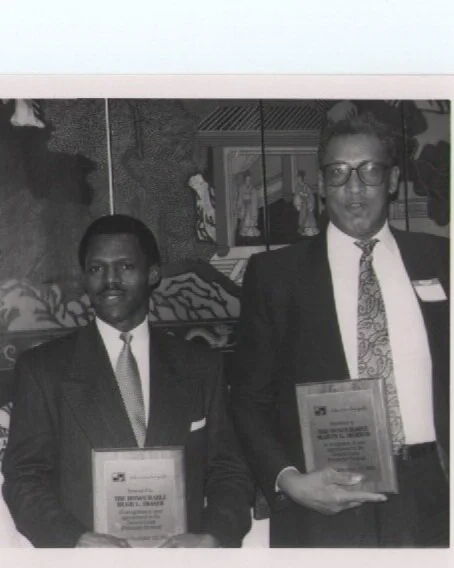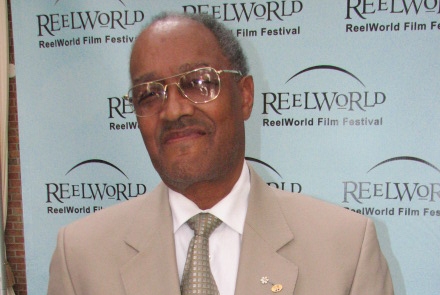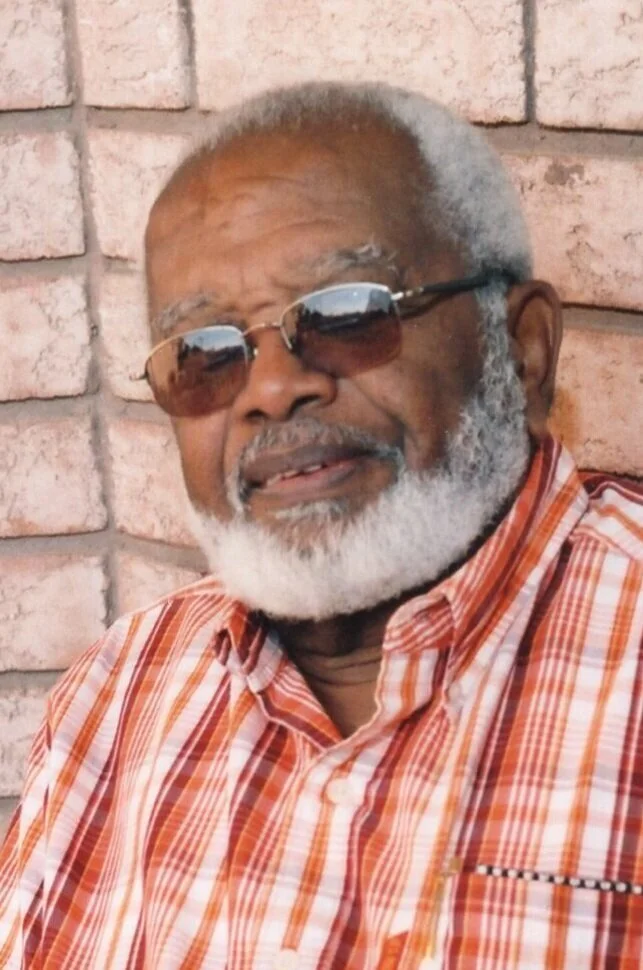Extraordinary career in law and sport for Hugh Fraser
January 16, 2020
Becoming a judge and Olympian isn’t an easy feat.
That Hugh Fraser represented Canada at the 1976 Olympics and served with distinction as a provincial court judge for 25 years up until 2018 speak volumes of his tenacity and perspicacity.
Called to the Ontario Bar in 1979 while still active as an athlete, he focused on a legal career after Canada withdrew from the 1980 Moscow Olympics following the Soviet Union’s invasion of Afghanistan.
The boycott four decades ago was devastating for Fraser who was at the peak of his athletic career.
“I was ranked fairly high and in the best shape of my life,” the former Regional Senior Justice for the East Region said. “I had already been called to the Bar and I knew I had to get out there and start making a living. Realistically, I knew I wouldn’t be at the 1984 Los Angeles Games and that was my last chance to compete while healthy.”
Four years earlier, Fraser raced in the 200-metre and 4x100-metre events at the Montreal Games despite a hamstring injury.
In the last meet in Europe just 10 days before the start of the Olympics, he hurt his left leg.
“I really thought my Games were over before they started,” Fraser, who also competed for Canada at the 1978 Commonwealth Games and the 1979 World Student Games, said. “I got to the 200 final and did the relay with a heavily wrapped leg. I was still fairly young and I assumed I would be more experienced and in good shape for the next Games in 1980 after getting over the injury and the jitters competing in an Olympic Games on home soil. That’s why I was shattered when Canada pulled out of the Moscow Games.”
Though eliminated in the 200-metre quarter-final with a 21.57 secs. clocking and anchoring the relay team to an eighth-place finish in 39.47 secs., Fraser – who was unable to compete in the 100-metre event because of the injury -- said the 1976 Olympics was the highlight of his athletic career.
“Participating in an Olympic Games in my home country is an experience I will never forget,” he pointed out. “As hosts, we were the last country to march into the stadium with about 85,000 people and that noise was unlike anything that I had ever heard. I was also among a small group of athletes from the Commonwealth selected to dine with Queen Elizabeth II and the rest of the royal family on the Britannia. It was an incredible experience.”
Cared for five years by his paternal grandmother in Jamaica before he and his younger brother joined their parents in Eastern Ontario when he was seven years old, Fraser learnt to skate and played ice hockey on outdoor rinks because his mother and father couldn’t afford to put him in organized leagues.
He also had a passion for football and baseball, the latter leading to recognition of his speed.
“There was this semi-professional baseball team back then and my job was to chase down foul balls and retrieve them so they couldn’t be lost,” recounted Fraser who was a member of the Canadian relay team that won a bronze medal at the 1975 Pan American Games in Mexico City. “I was paid 50 cents a game and I don’t remember losing a ball in the few years that I held that job.”
As happens with many young immigrants, Fraser was placed a level below where he should have been in his first school in Canada. Assuming he was coming from a country with an inferior education system and he would have to make adjustments, the school administrator felt Grade One would be a good start for him.
Rose Fraser, who is 94, would have none of it.
She persuaded the principal to allow her son to read some correspondence and other material on his desk which he did flawlessly, though with a heavy Jamaican accent. In less than an hour, the new student was promoted to Grade Three.
Fraser’s father, Cecil Fraser, passed away in October 1994. He was one of the first Black students to graduate from Queen’s University Faculty of Law in the 1950s.
Shortly after making the high school track team in Grade 11, Fraser was selected to represent Canada at the Youth Track & Field Championships in Halifax.
He experienced racism for the first time on that trip.
After checking into the hotel, Fraser and two White teammates went to a restaurant for dinner. The owner refused to serve him and the trio left without making an order.
“I went back to my dorm room somewhat shaken and they brought food to me,” he said. “I have no idea where they obtained it.”
As the only Black student at Lisgar Collegiate Institute in Ottawa, Fraser’s parents knew he would stand out and be subjected to racial abuse.
“They emphasized over and over that we should never use colour as an excuse for failure,” the Canoe Kayak Canada past board member pointed out. “If I commented that life wasn’t fair, my parents were unsympathetic. They would remind me and my brother of the sacrifices they had made in order for their children to take advantage of the opportunities presented in our new country.”
Racism reared its ugly head again when Fraser was seeking articling positions after graduating from the University of Ottawa Law School in 1977.
“On one occasion, I waited two hours, but no lawyer came out to see me,” he said. “Another time, I made it into the lawyer’s office and sat through seven phone calls he made. I was determined after that experience that I would start my own practice.”
Being a provincial court judge didn’t matter when Fraser was unjustly stopped by an Ottawa Police officer a few years ago while driving home a legally blind judicial college.
“The officer suggested that I had created a traffic infraction,” he said. “I knew I had not and I told him so. He then asked for the usual papers and went to his car. I quickly surmised that he had been puzzled by the sight of a Black man driving a Jaguar in a nice neighbourhood and it just didn’t fit. I didn’t tell him what I did for a living. When he returned to the car after conducting his checks, he handed me my license and just told me to have a good day. The racism I faced in school and as an athlete and legal profession made me stronger and more determined. I have to give my parents credit for that. Those experiences steeled my resolve to show people I am going to achieve at a level that will make you respect me, whether you intend to or not.”
In light of a high level of disconnect between Ottawa Police and the community, Fraser is confident that Peter Sloly’s appointment as the city’s first Black Police Chief will help to improve the relationship.
“I had lunch with Peter a few years ago and was very impressed with his progressive approach,” he said. “There are some tough files that he will be dealing with, but I think he has an understanding of the challenges and will make a positive impact.”
Lance Talbot (l), Patricia DeGuire, Justice Hugh Fraser & Yola Grant at a Canadian Association of Black Lawyers Black History Month forum
Once the fastest man in the province in the sprint double, Fraser spent two years in private practice, two years as Counsel with the Department of Justice, eight years with the Canadian Human Rights Tribunal and three years with Digital Equipment Corporation (DEC).
It was during his time with the computer systems vendor that the then Ontario Sports Commission Chairman was appointed technical advisor to the Dubin Commission of Inquiry established after Ben Johnson tested positive for a banned substance after winning the 1988 Seoul Olympics 100-metere dash in a world record 9.79 secs.
Coming out of the 91-day federal inquiry in which 114 witnesses appeared and over 14,000 pages of testimony were produced was a voluminous 638-page report containing 70 recommendations.
Fraser’s lasting memory of the Inquiry was seeing former teammates testifying on the stand about the widespread use of drugs in the sport.
“I felt very privileged to be part of that experience, but it was a bit bizarre having the spotlight shine on something we knew was happening in the world of track and field,” said Canada’s Chef de Mission at the inaugural World Championships in Athletics in Helsinki in 1983. “Probably no one ever realized that the lid was going to be blown off in that fashion. It was bitter sweet. Part of me was happy because I was a clean athlete competing in an era when you lost some of your glory that should have been achieved because of others using banned substances. I was glad it was exposed, but I felt badly for the people that I knew very well whose careers would obviously be affected.
“When I was competing, I felt it was not worth doing something that could be potentially harmful. I didn’t have coaches coming to me saying, ‘Do this’, but the message was always there that you could only go so far on raw talent. I even had a couple of teammates say, ‘if you want to get to the next level, maybe, you might kind of think about doing what everyone else is doing’. I was never approached directly. I just made a personal choice that I wasn’t going to go down that road.”
The Delos Law Guild honoured Hugh Fraser (l) & Marvin Morten in December 1993 shortly after they were appointed Ontario Court judges.
In 1996, Fraser returned to the Olympics as a member of the Swiss-based Court of Arbitration for Sport (CAS).
As one of 12 on-site experts at the CAS first ad-hoc court at the Atlanta Games 24 years ago, he and other arbitrators were called upon to make a quick ruling in the case of Irish swimmer Michelle Smith de Bruin who wasn’t sure she would be able to compete in the 400-metre freestyle after winning the 400-metre individual medley.
Ireland had submitted her entry form after the July 5 deadline, but FINA – the international body for the sport – had originally denied her a spot in the race. Over the objections of the United States and other countries, the CAS overturned FINA’s decision and approved Smith’s late entry into the race which she won. Banned two years later for tampering with a urine sample, she earned a law degree in 2005.
Over the years, Fraser has dealt with a wide variety of cases, including South African middle-distance runner Caster Semenya whose appeal against the introduction of a testosterone limit for women with naturally-occurring high levels of the hormone by athletics’ world governing body was rejected by the CAS last May. The ruling means she and other athletes with similar genetic conditions will have to take hormone suppressants to bring their testosterone down to a level closer to the typical female range.
Fraser, who was a Canadian Centre for Ethics in Sport Board Director, relishes his role as an arbitrator, likening it to that of a judge.
“You have to be impartial and fair and you can’t prejudge any case,” he said. “You also have to be able to render a quick decision. The life of an athlete is short, so you can’t sit on a decision for a lengthy period. I enjoy the pace of it and the fact that it combines my love of law and sport. In arbitration, there will be a winner and loser. But you want everyone coming out of that hearing to know they were heard and the process was fair whether you agree with the result or not.”
The former Sports Federation of Canada and Commonwealth Games Foundation President has four children. One of them, Mark Fraser, played 45 games with the Toronto Maple Leafs in 2012-13.
His father is proud of the accomplishment.
“Not only do you have a boy that plays professional hockey, but he does so for one of the original six franchises,” said Fraser who, last February, joined JAMS -- the largest private provider of alternative dispute resolution – as an arbitrator, mediator and special master in a wide variety of disputes. “I am very proud of that connection as I had never dreamt that would be a possibility.”








